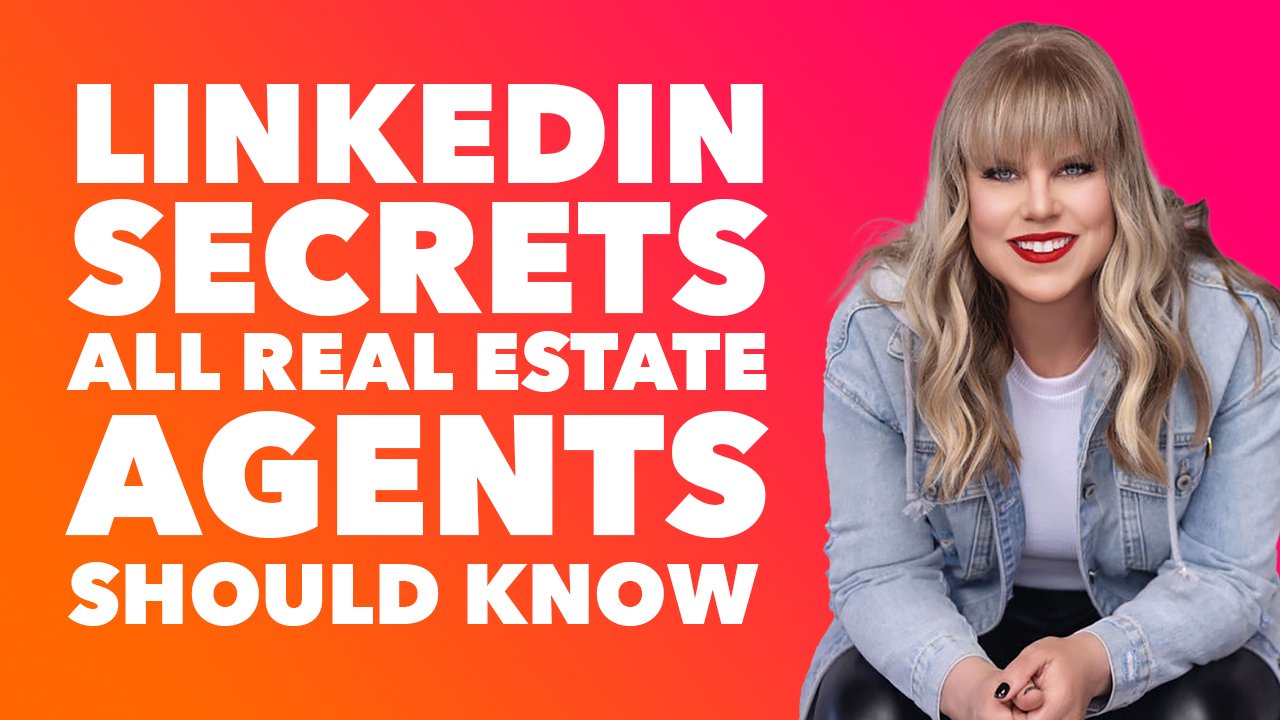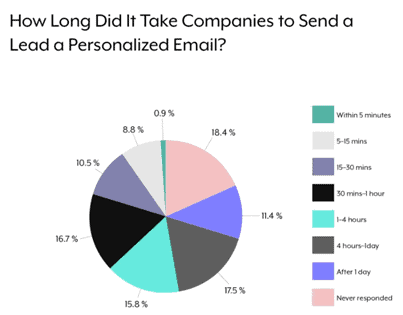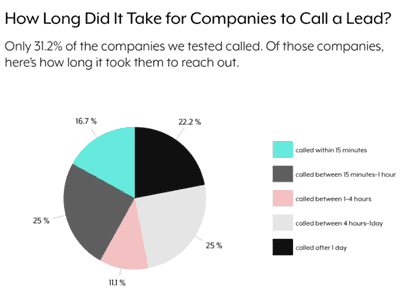Ep. 247: Step-by-Step Process for Converting Facebook Leads (with Gus Munoz Castro)
3 Tips for Producing a Higher Conversion Rate from Facebook and Other Online Ads
Who should listen: This episode is for real estate agents who want more success in converting Facebook ads to appointments.
Key idea: Better-quality leads coupled with a systematic follow-up strategy, including calls that encourage leads to like and trust you, will get you the appointments you want.
Action item: Implement Gus’s follow-up strategy of 6 calls + 6 texts in 30 days.
This week’s guest on Stay Paid, Gus Munoz Castro, is the owner of PowerISA, North America’s largest team of inside sales agents (ISAs). His ISAs make 50,000 calls a day, prospecting and following up on leads, including online leads, for their real estate clients.
During his interview, Gus shares his strategy plus tips real estate agents can use to secure appointments from Facebook leads. But first, let’s examine how Facebook leads stack up against other online lead sources.
Ranking online lead sources
You already know that your chance of closing a lead is greatly influenced by the quality of that lead.
Leads who reach out to you (a variety of warm leads) are far easier to close. Their intent to buy is almost certainly higher than any lead with whom you’ve initiated contact (a variety of cold leads). With the latter, it’s less certain that you will hit upon the right person at the precise time they are ready to buy. Consequently, the quality of a cold call is low.
In addition to who makes the initial contact—the lead or you—the source of your leads will also affect how warm they are.
Gus ranks the portals (Zillow.com, Realtor.com, Refin.com, etc.) as the best online lead sources for agents.
Anyone visiting these sites is likely to be motivated to buy or sell a house sooner rather than later. These represent your warmest, highest-converting leads. But they are also the most expensive.
Following the portals in lead conversion are the social media platforms.
As Gus notes, people typically aren’t on social media to buy a home.
However, the cost per lead from platforms like Facebook is super low. An agent can purchase hundreds of Facebook leads for the same price as one Zillow lead. Commit to following up, and your Facebook leads will return a much higher ROI than your single Zillow, Redfin, or Trulia lead.
If you decide to take this less expensive but more rigorous route to landing listing appointments, keep reading to find out what actions Gus suggests agents take to win the Facebook game.
Create more friction
At first, making it more difficult for a prospect to become a lead may seem counterintuitive. Why would anyone want to discourage a potential lead? Don’t we all want as many leads as we can get?
Well, maybe not.
Not all leads are created equal. Some might be a genuine waste of your time because they have no intention to move any time soon. But a prospect who has to do a little more work to make their intentions known is a more motivated and better-qualified lead.
To add a bit of friction to your lead-gen process, you might consider redirecting your prospects to your website, where they will need to complete a form with their contact information. This process is just a little less convenient than having a Facebook form appear for this same purpose. That tiny bit of extra effort might be enough to cause less-motivated prospects to drop off.
As for the form, you could ask for a bit more information than you need at the moment. For example, when the market isn’t as crazy hot as it is now, you might forego asking a prospect if they are prequalified. But today, when buyers are offering thousands of dollars above the asking price, you want to eliminate anyone who hasn’t taken that first step.
Similarly, having your form include more questions normally asked in your discovery call is another low hurdle that can separate the more motivated leads from the less motivated and create a more qualified pool of leads to follow up with.
Pace your follow-ups
While there is no denying that following up with leads is critical to making a successful sale, there is disagreement about how fast and how often you need to do it.
One reputable study found that your chance of successfully contacting an inbound lead falls dramatically depending on whether you follow up in 5 minutes or 30 minutes of an inquiry. Another study tested the response time of 114 B2B companies by personalized email and phone. What they found is discouraging.
Email response: Only 1 of the 114 companies sent a personalized email within 5 minutes. In addition, it took companies 11 hours and 54 minutes, on average, to deliver this type of response.
Phone response: Only 31% of the 114 companies called at all. None called within 5 minutes, and 42% called within one hour. The average time to call back was 14 hours and 29 minutes.
In terms of how often to follow up with a lead, some will tell you to keep calling until they are told (kindly or not) to stop. Others will stop trying after one attempt.
Gus’s system seems to be a nice balance between being persistent and being annoying, between too much and just enough.
His ISAs are instructed to follow up 12 times within the first 30 days of a lead’s initial contact, with more intensity in the first 3 days, gradually tapering down in the days thereafter.
Gus’s follow-up system is 6 phone calls alternated with 6 text messages. With this system, his callers engage 50% of their leads within 30 days. Of that number, 1 in 10 Facebook leads will book an appointment. If those same Facebook leads experience a bit more friction, he’ll get up to 4 in 10 to commit.
That’s extraordinary!
If you’ve been reading carefully, you may have wondered whether Gus’s ISAs use email. They don’t—at least not within those first 30 days—and when you listen to the episode, you’ll hear why.
Infuse your scripts with sincerity
Calling a lead for the first time is a tough gig. You need to ask a stranger, who considers you to be an equally unknown threat, a whole bunch of qualifying, often personal, questions. What makes this so challenging is your leads have had no chance (and no reason) to like or trust you before you start talking business.
Every salesperson recognizes that as a futile situation.
To overcome a lead’s initial resistance, you want to be able to offer them something of tremendous value. (Gus offers a great example during his interview.)
You also need to be able to:
- build rapport,
- demonstrate curiosity,
- express empathy, and
- show interest.
When following up with a lead, you’ve got about 30 seconds to persuade someone to trust you enough to stay on the phone. Your goal is to set an appointment—it’s not to sign with you—but you still need to convince them to tell you what you need to know while overcoming objections along the way. This is why building a rapport and having curiosity, empathy, and interest are critical to your success.
As you listen to this week’s episode, you’ll hear more tips and develop a deeper understanding of what’s written here. But if you walk away with nothing else, remember this: success comes from following up with your leads.
Connect | Resources
Website: PowerISA
FREE e-book: Lead Generation for Real Estate Agents at remindermedia.com/leadgeneration
Complete our listeners’ survey at staypaidpodcast.com/survey



















 Soundcloud
Soundcloud iHeart Radio
iHeart Radio Spotify
Spotify Spotify
Spotify


